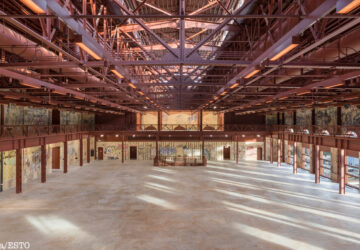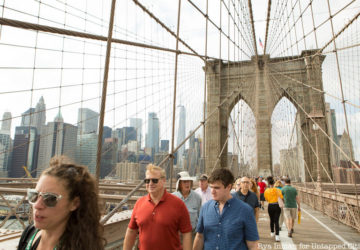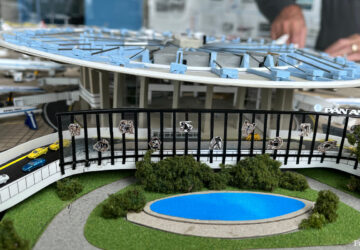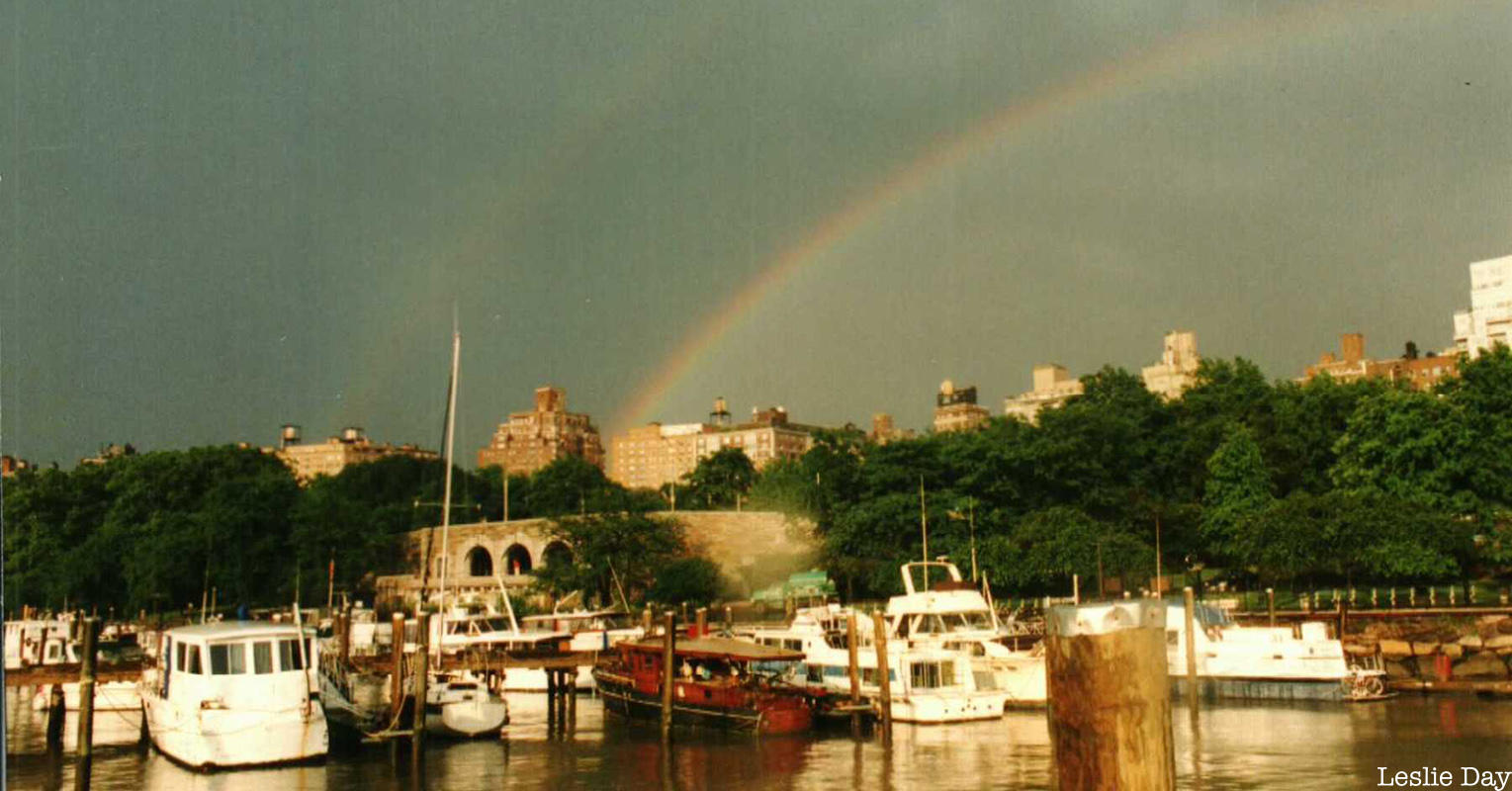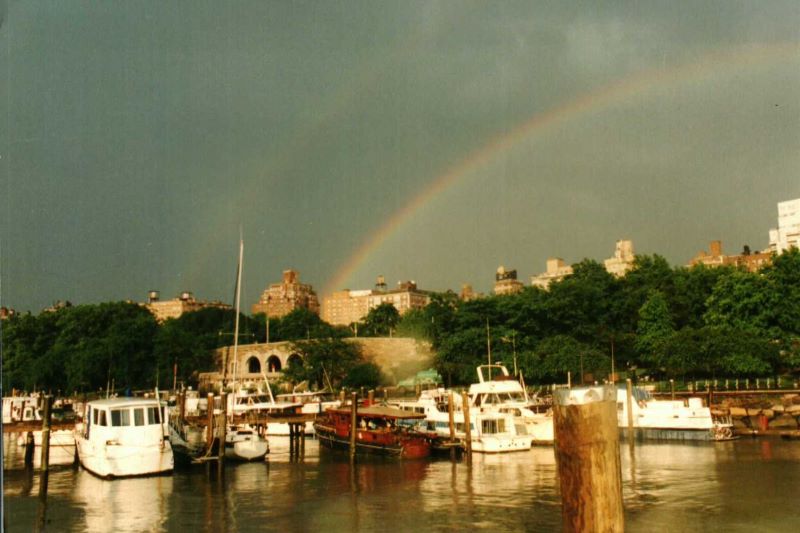Leslie Day lived in a magical place that many of us pass as we zoom up and down the West Side Highway, ride our bikes, or walk along the river and look over at the boats bobbing up and down, always wondering — who lives there and what is it like to live on the river? Day embarked on a journey as a young single woman moving onto a houseboat at the 79th Street Boat Basin, where she met her husband who lived on the boat next door. The river is where they would raise their child and where she discovered the wildlife with which she shared the river: the migrating and year-round birds, fish, crabs, shrimp, seals, and the phytoplankton, the algae, teeming with zooplankton.
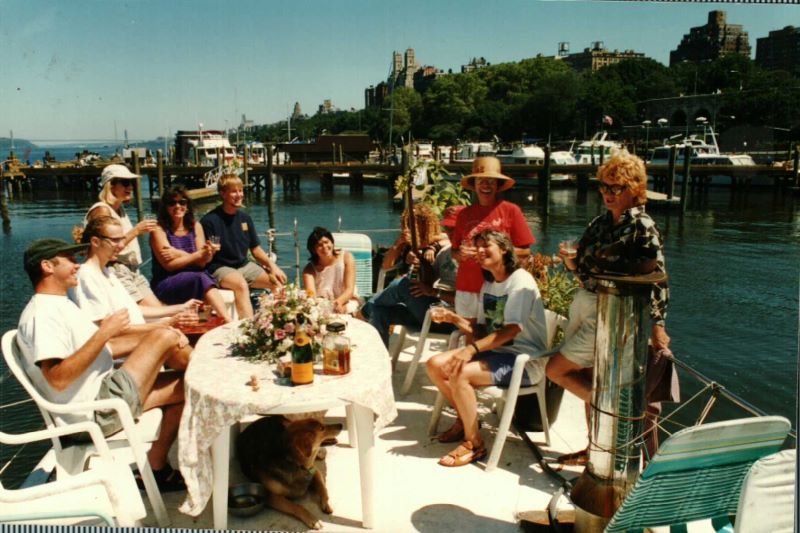
As a 36-year resident of the 79th Street Boat Basin, Dr. Day came to know the diversity of the city’s natural world. In this talk on January 19, hear about her experience and learn about the history of the health of the Hudson River, from pristine waters to terrible pollution to clean-up efforts. Discover what life was like on a houseboat at the 79th Street Boat Basin in a floating community tied to Manhattan. Discover the natural world of the river: its fish, crabs, shrimp, seals, birdlife. Hear about the seasons and storms, Nor’easters and hurricanes on the river. And learn about the history of the Hudson River from the native Lenape people to today. The event is free for Untapped New York Insiders (and get your first month free with code JOINUS).
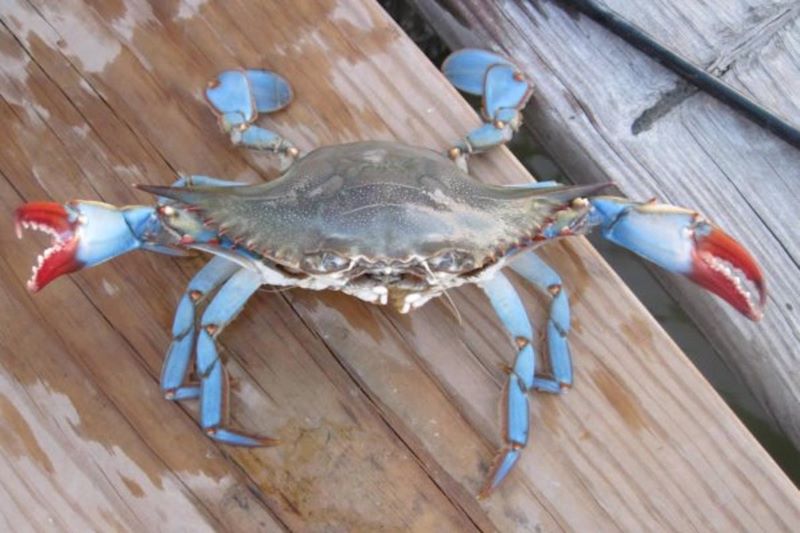
Maintained and operated by the New York City Department of Parks and Recreation, the 79th Street Boat Basin is the only facility in the city allowing for year-round residency in boats. Under Robert Moses, the Boat Basin and the 79th Street Rotunda — which features Guastavino tiles — were finished in 1937. Mad Magazine writer Dick DeBartolo has used a boat in the basin as his office. Mario Puzo and Frank Sinatra have moored their boats in the basin, and in the 1960s, Roy Cohn docked his 95-foot yacht here. However, several boaters raised concerns that the basin was in major disrepair back in 2012, and the facility had to be vacated by November 1, 2021, to overhaul the basin. The city will undertake the reconstruction project starting in 2023; $60.9 million of the funds will come from the mayor’s budget and $28.3 million from the Federal Emergency Management Agency (FEMA).
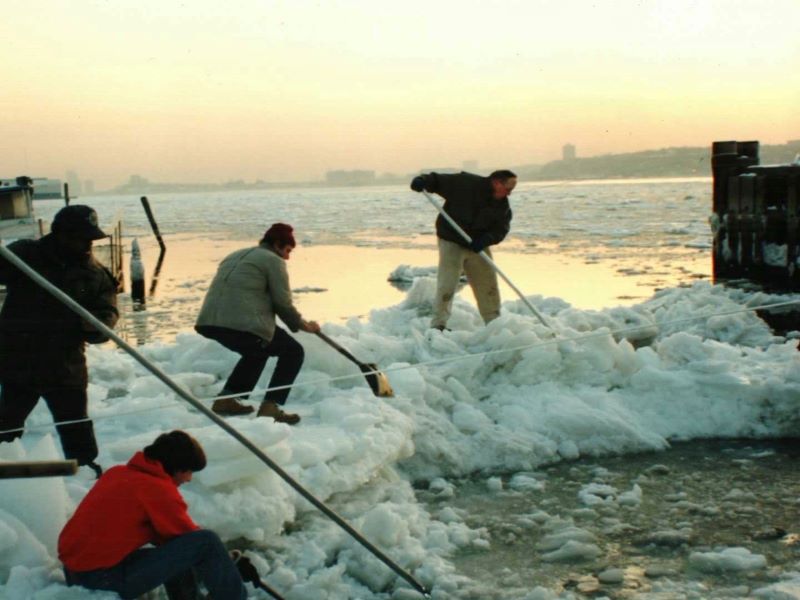
Inspired since childhood by nature and the vibrancy of her city, Day is the author of Field Guide to the Natural World of New York City, Field Guide to the Street Trees of New York City, Field Guide to the Neighborhood Birds of New York City, Honeybee Hotel: the Waldorf Astoria Roof Garden and the Heart of New York City, and her forthcoming book River: Living on the Hudson – A Natural History.
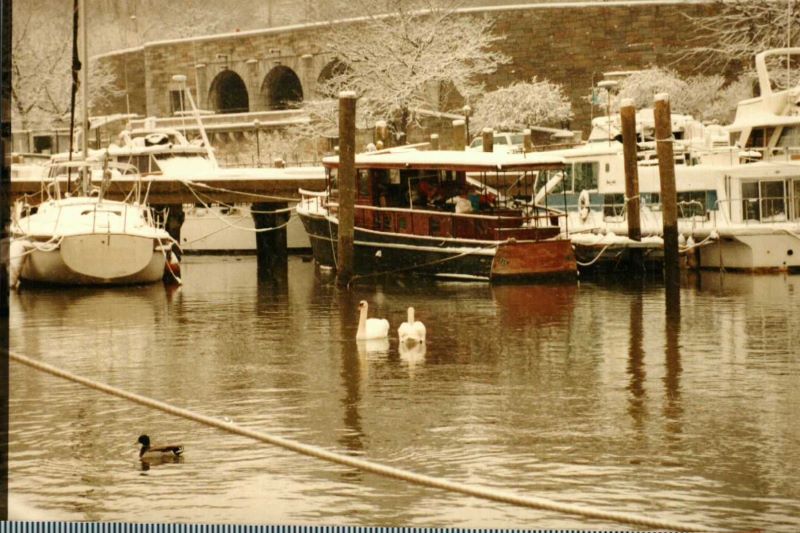
Passionate about science, she earned a doctorate in science education from Columbia University and worked for decades as a science teacher. Now retired from teaching, Dr. Day spends her time writing books and giving talks for organizations such as the New-York Historical Society, Fort Tryon Park Trust, the New York City Department of Parks and Recreation, public libraries, garden clubs, senior citizen groups, and nature organizations.
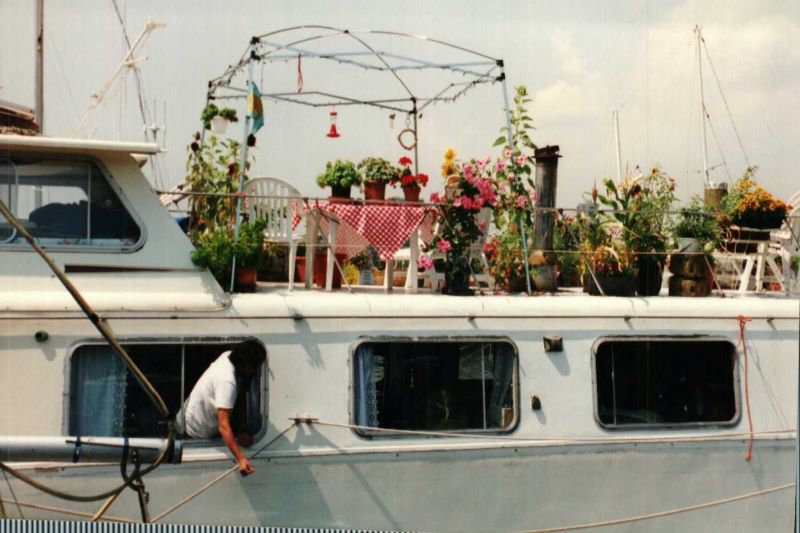
In this talk on January 19, hear about her experience and learn about the history of the health of the Hudson River, from pristine waters to terrible pollution to clean-up efforts. The event is free for Untapped New York Insiders (and get your first month free with code JOINUS).
Next, check out the Top 10 Secrets of the Hudson River!

